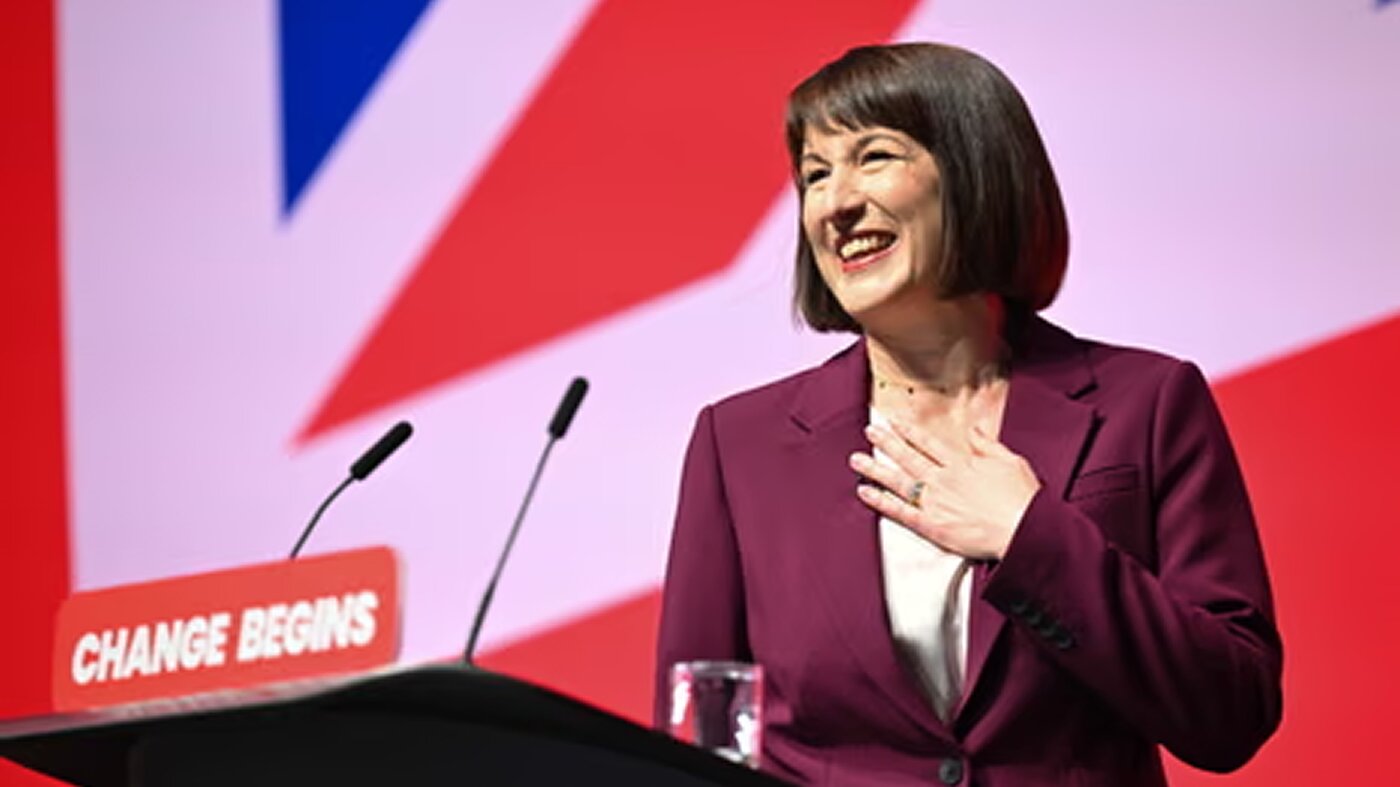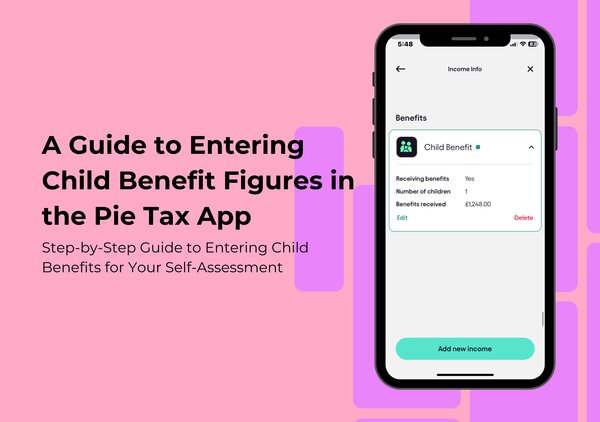Employers Warn of “Cliff Edge” if Labour Raises Business Taxes
Rachel Reeves has been warned that further tax rises in her upcoming November Budget could devastate the UK jobs market. The Institute of Chartered Accountants in England and Wales (ICAEW) cautioned that more corporate tax hikes would risk “crushing” business confidence and jeopardising the Chancellor’s growth agenda.
According to the ICAEW’s latest survey, 56% of employers said they would cut jobs or freeze hiring if business taxes rise again. The findings come amid mounting pressure on Reeves to find around £30 billion in extra revenue without breaching Labour’s manifesto pledge not to increase income tax, employee National Insurance, or VAT.
Job Market Strains Deepen Amid Higher Employer Costs
The UK’s unemployment rate has climbed to a four-year high of 4.8%, following Labour’s earlier decision to increase employers’ National Insurance contributions in April. Nearly half of firms surveyed said they had already been forced to reduce staff or delay recruitment efforts in response to rising costs.
Vacancies have now been falling almost continuously for three years, and experts warn that additional tax pressure could worsen both unemployment and inflation which remains elevated at 3.8%, nearly double the Bank of England’s 2% target.
ICAEW: “Tax Is Holding Back Growth”
ICAEW chief executive Alan Vallance delivered a stark warning ahead of the organisation’s annual conference in London, stating:
“The reality is that Britain faces a damaging cliff edge if the Chancellor decides to raid businesses again at next month’s Budget.
Tax is holding back growth, so it’s only natural that fears over more tax hikes in November are choking off investment, hiring, and innovation.”
He added that business confidence was “in free fall” due to high operating costs, complex regulation, and an outdated business rates system.
Survey Reveals Sharp Cutbacks in Hiring and Investment
The ICAEW survey of 659 senior business leaders revealed that:
- Almost half plan to raise prices if new business taxes are introduced.
- Two in five intend to cut investment spending.
- More than half would freeze or reduce headcount.
This sentiment underscores growing concern that Labour’s fiscal approach while aimed at stabilising public finances could inadvertently stall private sector recovery.
Economists Link “Sticky” Inflation to Labour Market Struggles
Speaking at the Institute for Fiscal Studies event, former Bank of England rate-setter Jonathan Haskel said inflation’s persistence is being driven by structural weaknesses in the labour market.
“Inflation is forecast to be relatively much higher in the UK than elsewhere. The deteriorating labour market is a key factor,” Haskel explained.
“The Chancellor’s decision to increase National Insurance contributions and the sharp rise in the minimum wage have effectively raised the natural rate of unemployment.”
Budget Pressures Mount Ahead of November 26 Statement
With just weeks to go before the Autumn Budget, Reeves faces what analysts describe as a “fiscal tightrope.” She must raise significant revenue while protecting jobs, maintaining growth, and keeping within Labour’s self-imposed fiscal rules.
Industry leaders warn that unless the Government provides clear support for businesses particularly SMEs continued tax rises could stifle investment and prolong economic stagnation.
About Pie
Pie is a UK-based fintech platform simplifying tax management and compliance for individuals and small businesses. Through automated HMRC integrations, smart insights, and real-time updates, Pie helps users stay ahead of tax deadlines and financial changes.











